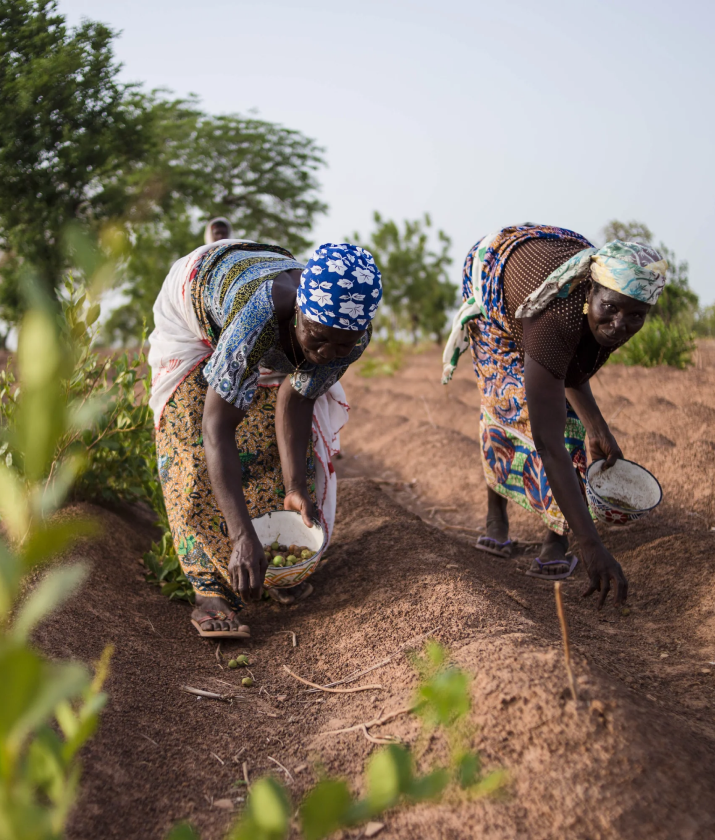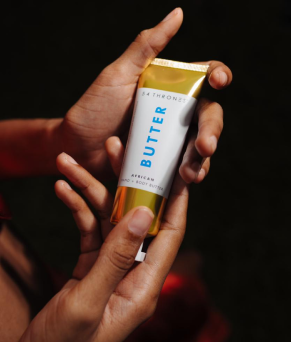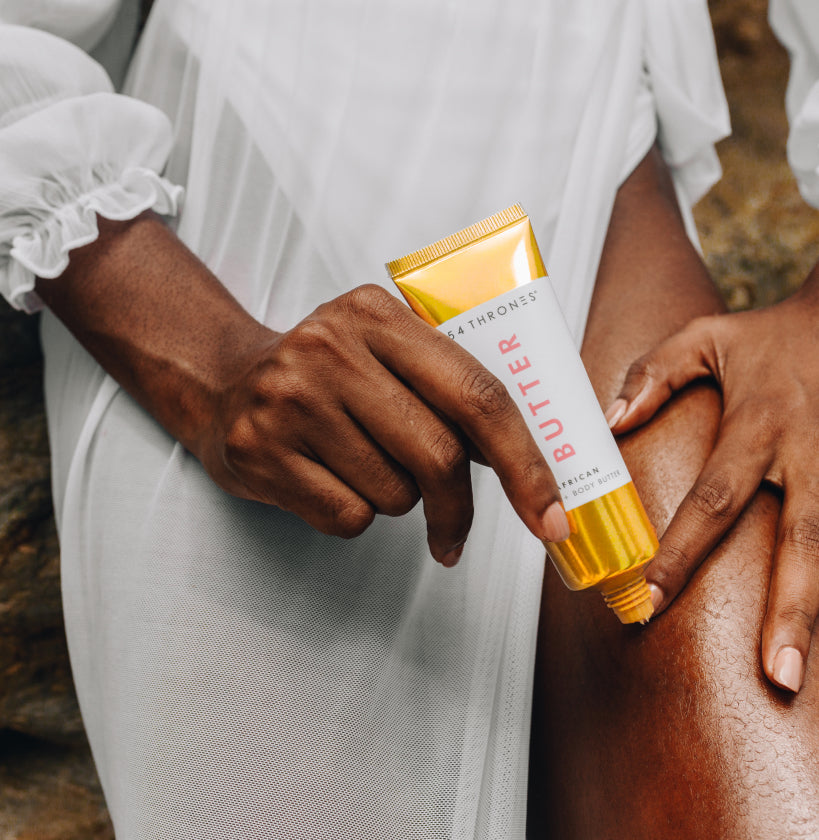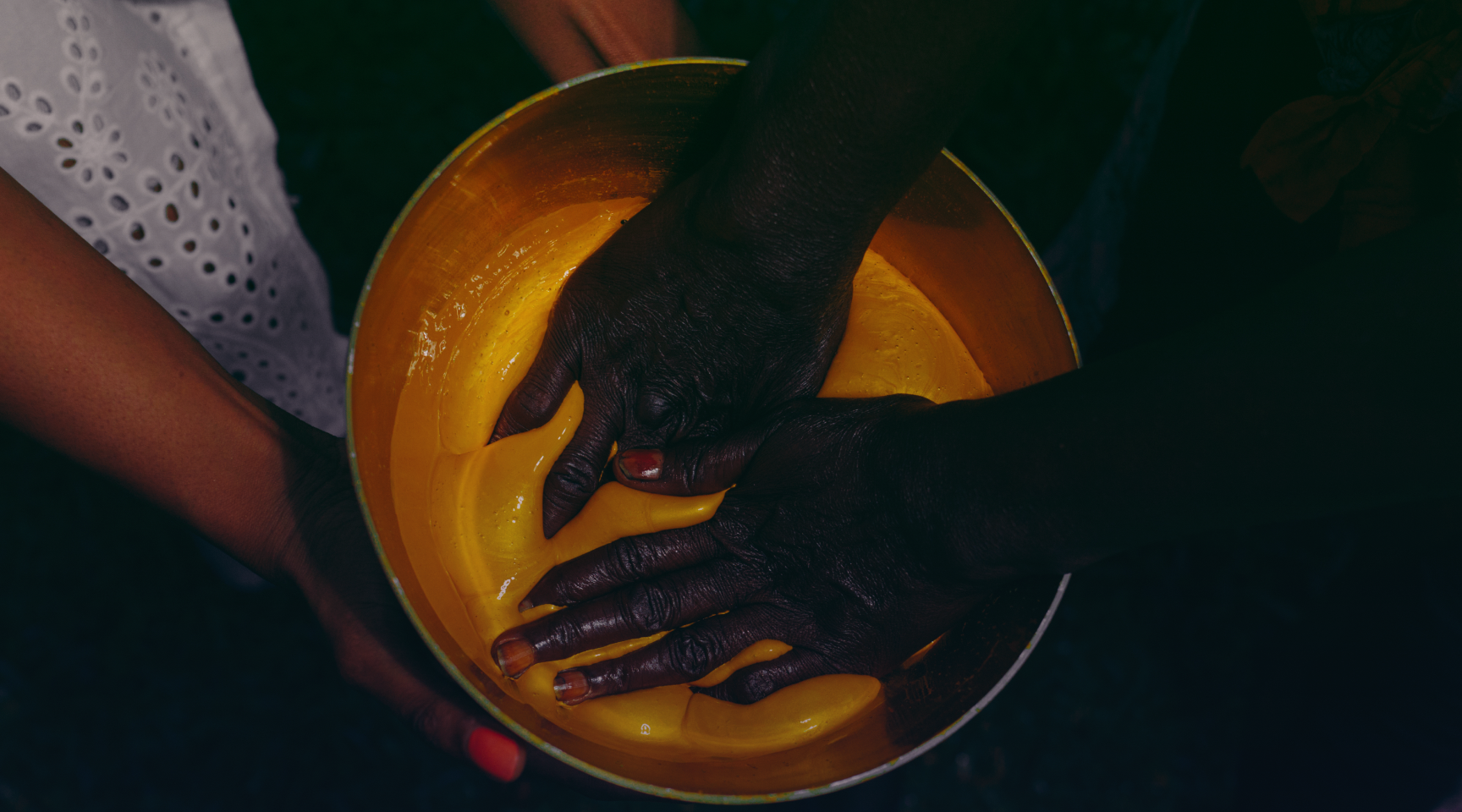

We look to our African roots to define what clean beauty means.
In many African communities masks, ointments, steams and other treatments literally come from the Earth. Think, plant botanicals like roots, herbs, oils and butters.
The idea is to not be wasteful and utilize what the land has given to purify, heal and beautify from the inside out. Ingredients are only used when needed, and remnants repurposed.
This level of resourcefulness is a reminder that everything has a purpose, even the things that we may consider to be waste. African beauty rituals remind us who the originators are when it comes to zero waste, organic and natural treatments as it exemplifies this in its purest sense.
African beauty originators

-
Morocco
-
Kenya
-
South Africa
-
Egypt
-
Nigeria, Ghana, Uganda
-
Luffah Oil
-
Hibiscus
-
Resurrection plant
-
Green rooibos
-
Cocoa pods
-
Shea butter
-
Moringa plant
-
Baobab oil
-
Shea Butter
African beauty Rituals are Communal and meant to be shared
54 Thrones is inspired by traditional African rituals and practices rooted in community, the power of healing, celebration and creating beauty from the inside out. Ingredients are pure, botanical and ethically sourced from what we identify as the birthplace of clean beauty, Africa.
The development of these products are done sustainably, at a fair wage and devoid of harm to both humans and animals.




